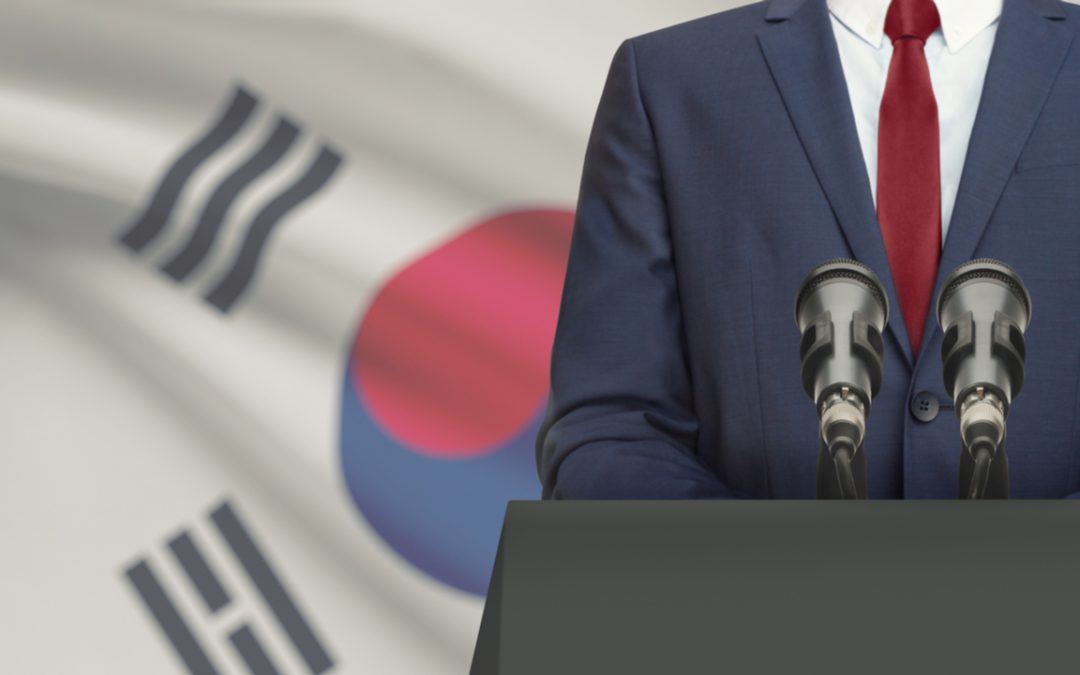The leading presidential candidate of the opposition in South Korea has promised voters to ease the tax burden on crypto-related profits through exemptions. In a recent statement, Yoon Suk-yeol indicated that crypto investors will be treated like those who put money into stocks.
Presidential Candidate Looks to Attract Young Voters With Crypto Tax Cuts
Yoon Suk-yeol, the nominee of South Korea’s conservative People Power Party for the upcoming presidential elections in March, has announced his intention to back the raising of the threshold for the tax on gains from crypto investments, from the current 2.5 million won (around $2,100) to 50 million won (a little over $42,000), Korean media reported.
The opposition candidate made the pledge at the party headquarters on Wednesday, noting that his administration would increase the bottom limit to the level that applies to stock investments now. Thus, Koreans who purchase cryptocurrency can expect more substantial tax exemptions if he is elected.
Yoon unveiled that he will also put forward a digital asset law tailored to increase investor protection, the Yonhap news agency added. At the same time, under the new legislation, the government in Seoul will be able to seize profits obtained through market manipulation.
Part of his plans for Korea’s growing crypto space is also the establishment of a new government agency to take on the oversight over new areas of the digital industry such as cryptocurrency and non-fungible tokens (NFTs). The presidential hopeful also wants to allow domestic initial coin offerings (ICOs). He emphasized:
I will foster a digital asset investment environment similar to the stock market to ensure young people can enter new markets without fear.
Luring young voters interested in cryptocurrencies has become a priority for the ruling political force as well. The Democratic Party of Korea announced recently it’s going to raise election funds through cryptocurrency donations and issue receipts to donors in the form of non-fungible tokens. The digital money will be used to finance the election campaign of the party’s presidential nominee, Lee Jae-myung.
In December, the South Korean parliament postponed the 20% tax on annual profits from virtual assets, which was supposed to be introduced in January, for one year until Jan. 1, 2023. Lawmakers approved the move after members of the opposition and representatives of the country’s crypto industry criticized the different structuring of the crypto tax in comparison with the levy on gains from equity investments.
Do you expect Yoon Suk-yeol to fulfil his promises to crypto investors after the presidential election in March? Tell us in the comments section below.










